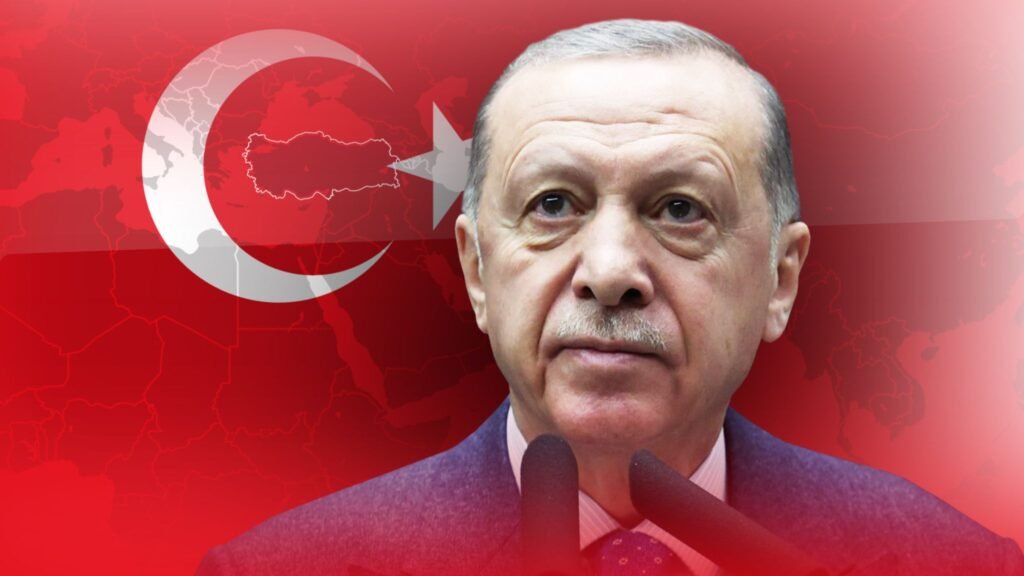Turkey faces exclusion from the Gaza stabilisation force after Israeli objections, sparking fresh diplomatic tensions. The 5,000-strong postwar force aims to prevent chaos, with Egypt expected to lead the mission.
By MediaBites International Desk, October 25, 2025 l Imran Malik
A new diplomatic storm is brewing in the Middle East as Turkey is likely to be excluded from the upcoming 5,000-strong Gaza stabilisation force following Israeli objections to Ankara’s participation. The move threatens to widen tensions between the two nations and cast uncertainty over post-war reconstruction efforts in Gaza.
According to U.S. Secretary of State Marco Rubio, Israel’s approval of participating countries is a “requirement” for the force being assembled to prevent a postwar power vacuum. Despite Turkey’s readiness to contribute troops, Israel has reportedly made it clear that it “disapproves” of any Turkish involvement.
The exclusion is particularly striking given that Turkey is one of the guarantors of the Trump 20-point ceasefire agreement and maintains one of the most capable Muslim armed forces. Analysts warn the decision could undermine the legitimacy and balance of the peacekeeping initiative.
The stabilisation force is expected to be led by Egypt, with additional troops from Indonesia, the UAE, and Jordan, operating under coordination with a U.S.-led Civil-Military Coordination Centre (CMCC) in Kiryat Gat, southern Israel. The CMCC, inaugurated by U.S. Vice President JD Vance, will manage both military and aid operations in Gaza.
Tensions remain high as Turkish disaster response teams are still awaiting Israeli authorization to enter Gaza, despite being stationed near the Egyptian border with search dogs and life-detection devices.
President Recep Tayyip Erdoğan condemned the move, urging the U.S. to pressure Israel through sanctions and arms bans to honor the Trump peace plan. Meanwhile, Rubio’s rejection of the UN agency Unrwa as a “subsidiary of Hamas” has sparked sharp disagreement with European allies and the International Court of Justice (ICJ), which called Unrwa “irreplaceable” for Gaza’s humanitarian relief.
As Gaza lies in ruins, with aid still blocked and hope hanging by a thread, one thing is clear — the politics of peace may prove as perilous as the war itself.


